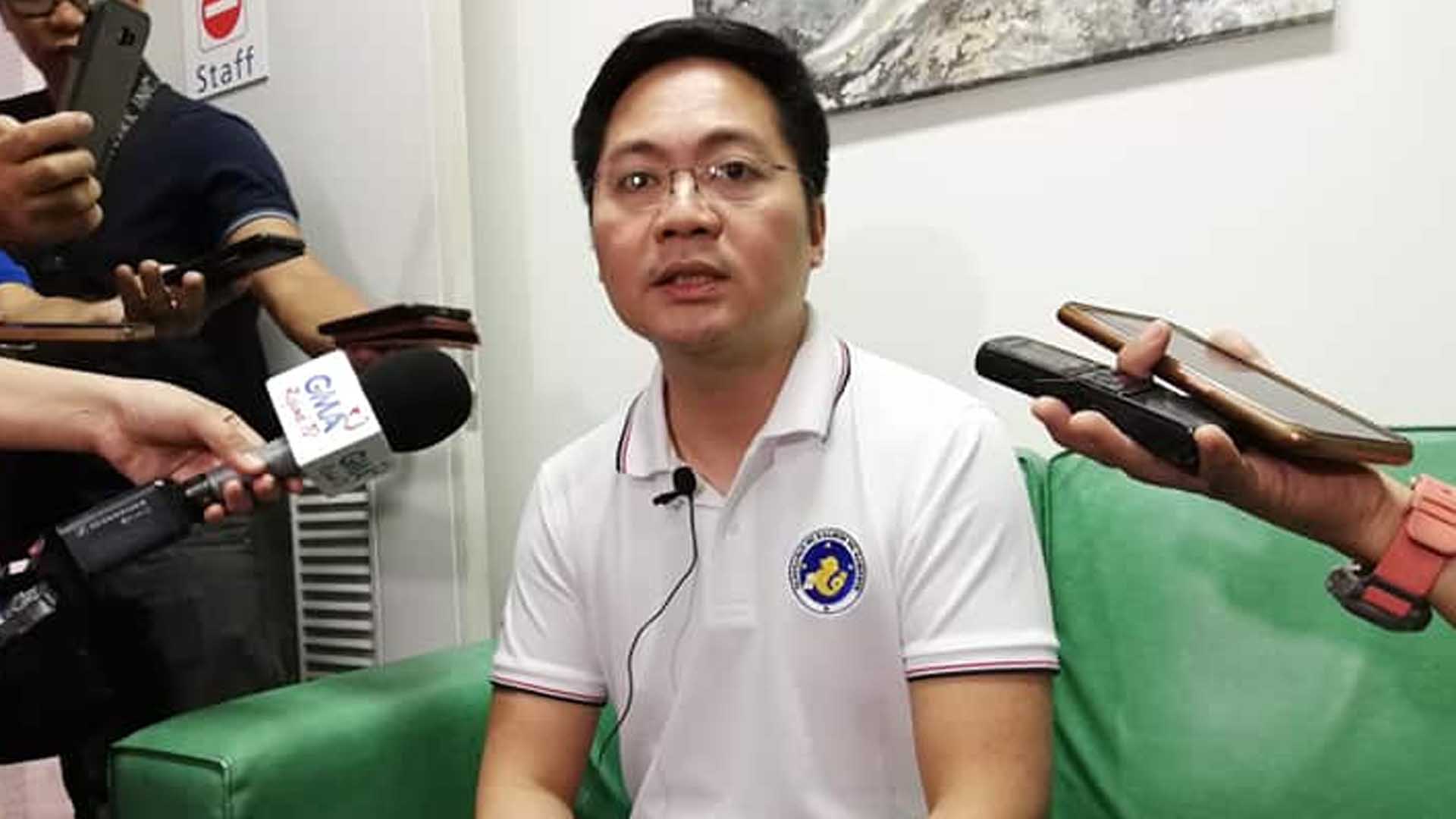Cabinet Secretary Karlo Nograles said the administration of President Rodrigo Duterte would continue to step up efforts to address hunger and poverty in the country even as he welcomed new data that shows that self-rated poverty and food poverty have fallen in the third quarter of 2019.
In a Social Weather Stations (SWS) survey released Monday, the percentage of families that categorized themselves as “poor” fell to 42% in September 2019, from 45% in June 2019. The 42% self-rated poverty rate is also six percentage points lower than the four-quarter average in 2018.
The same survey showed that 29% of families considered their food as “poor” in September 2019, compared to June 2019, when 35% of families believed they were food poor.
“On one hand, the data is encouraging as it tells us that government’s anti-poverty initiatives and its efforts to address food poverty are making progress,” the Palace official said
“On the other hand, the statistics also tell us that we have to continue working to ensure that every Filipino family can provide for their own needs, especially food,” he added.
Nograles said the record-low inflation numbers in the past few months, as well as the reduced prices of rice as a result of the Rice Tarrification Law, may have contributed to the improved self-rated poverty and self-rated food poverty numbers.
Since hitting 6.7% in October 2018, inflation has dropped to 0.9% in September 2019.
“The net effect of the lower prices of basic commodities like rice is that families are able to purchase more with their income,” he explained.
Nograles pointed out that “in the case of rice, the average retail price of regular milled rice in the 4th week of September 2019 was at 34.04 pesos per kilo, which is 21.2% lower than the average retail price of regular milled rice during the same period last year, which was at 43.22 pesos per kilo.”
“The downward movement of rice prices really helps underprivileged families who must make the most of a tight budget,” he added.
Nograles said with various line agencies recently agreeing to sign a Memorandum of Understanding (MOU) that formalizes their respective roles in the Enhanced Partnership Against Hunger and Poverty (EPAHP), the government would now be in a better position to address issues involving hunger.
The objective of EPAHP, an initiative that aims to help the Philippines eventually say #GoodbyeGutom, is to help mitigate hunger, ensure food and nutrition security, and reduce poverty in urban and rural communities, including marginalized communities.
The following line agencies will be part of EPAHP: the Department of Social Welfare and Development (DSWD), Department of Agrarian Reform (DAR), Department of Agriculture (DA), the Department of the Interior and Local Government (DILG), Department of Education (DepEd), Department of Health (DOH), Department of Science and Technology (DOST), Department of Trade and Industry (DTI), National Anti-Poverty Commission (NAPC), National Irrigation Administration (NIA), and Landbank.
Other agencies to be tapped in the initiative are the Technical Education and Skills Development Authority (TESDA) and the Commission on Population (POPCOM).
“Our goal is to ensure that all these anti-hunger programs are linked with other government food and nutrition programs so that they are fully maximized. Government feeding programs, for example, can source their produce from local farmers, and agencies like the DA can facilitate that. This is just an example of how EPAHP will utilize a whole-of-nation approach to eradicate hunger,” said Nograles, who will spearhead the EPAHP initiative. (PR)









